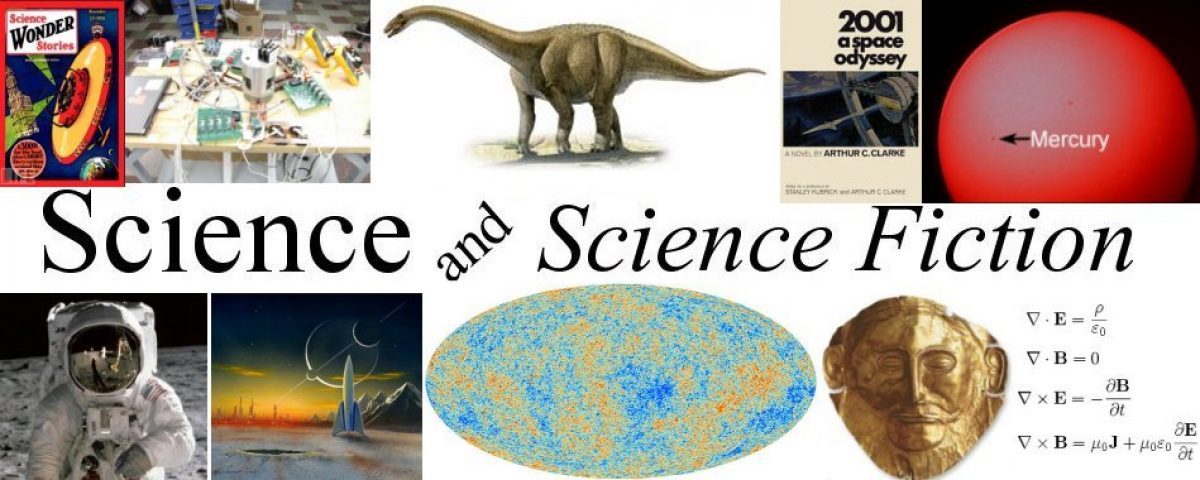On the 23rd of July 2020 at 0441 GMT China successfully launched the Tianwen-1 Mars probe from its Wenchang Satellite Launch Center on the island on Hainan. Scheduled to arrive at the red planet in February 2021, Tianwen-1 is China’s first solo Mars mission and a very ambitious one at that. Combining an orbiter, lander and rover, if Tianwen-1 is a complete success it will leapfrog China, formally the People’s Republic of China or PRC, into a leading position in planetary exploration.
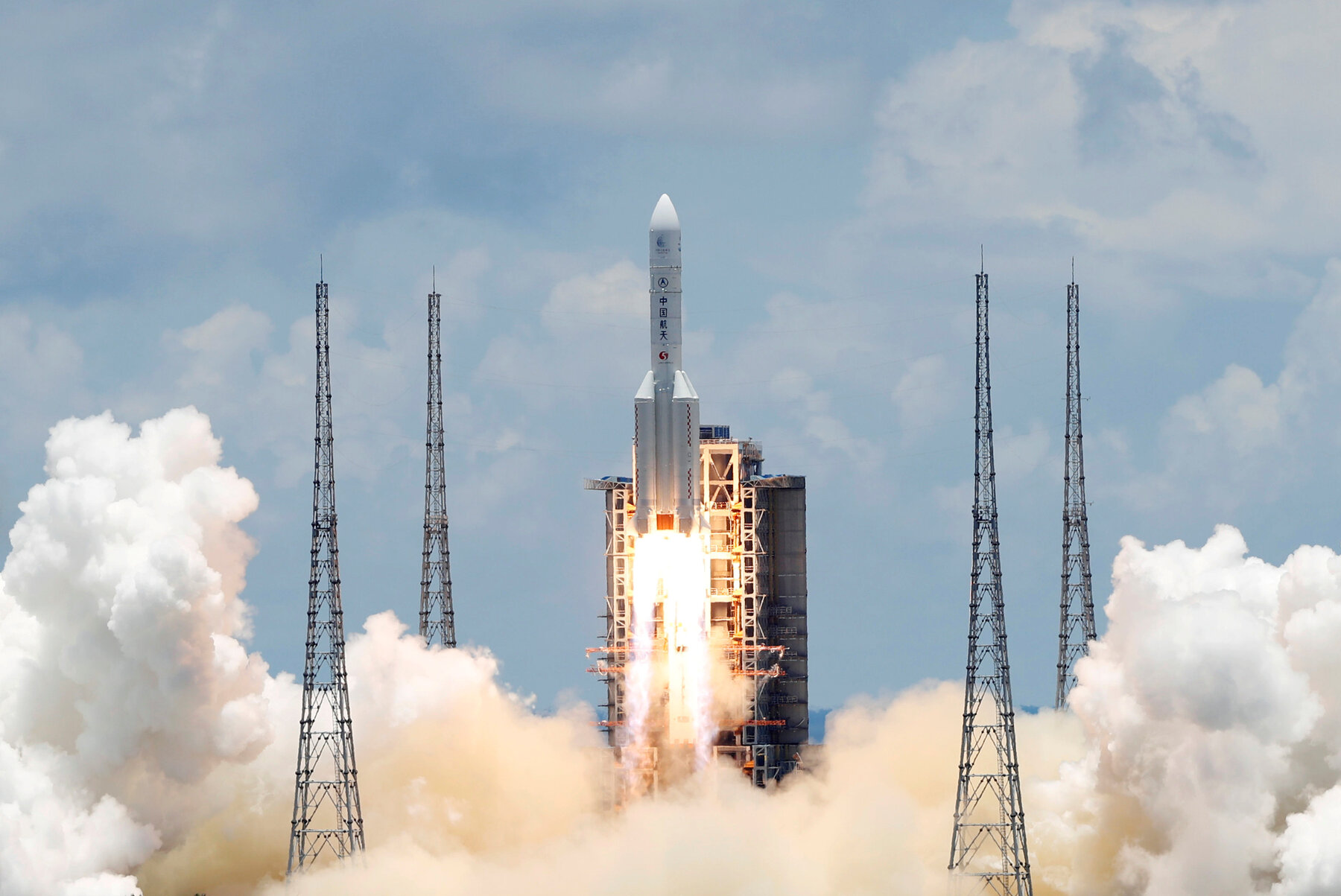
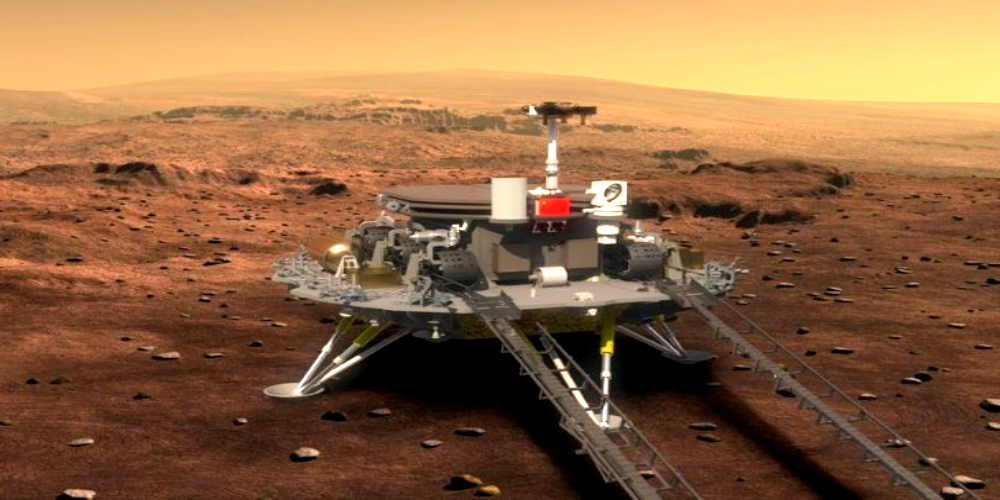
The launch of Tianwen-1 comes just a year and a half after China’s successful landing of their Chang’e-4 probe onto the surface of our Moon. Chang’e-4 was the PRC’s second lunar lander and the first by any nation onto the Moon’s far side. Chang’e-4 also deployed a small rover onto the Lunar surface that is still operating, setting a record for continuous operation by a robotic rover on the Moon.
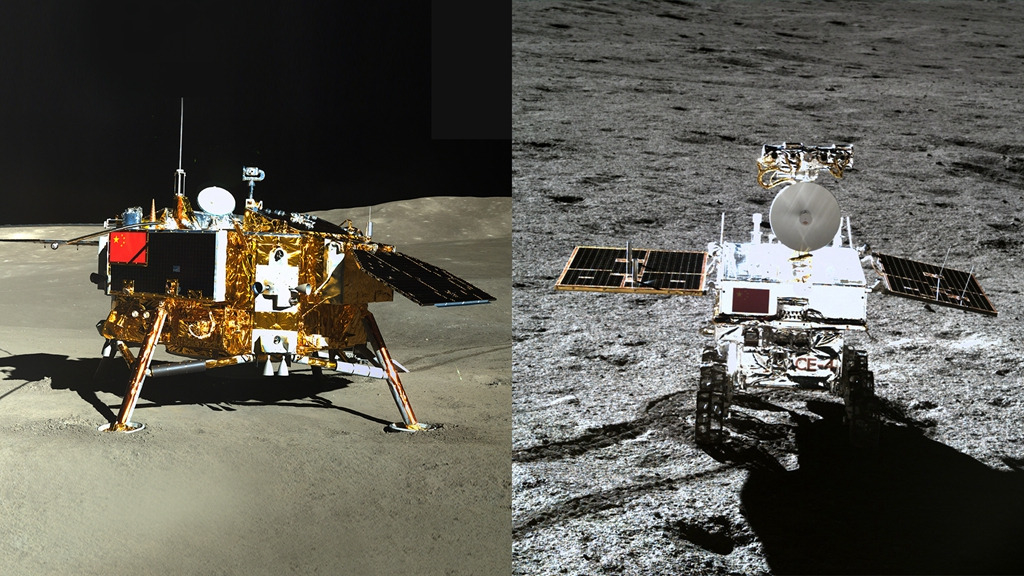
And it was only back in 2003 that China became just the third nation to successfully carry out a manned space mission. Shenzhou -5 was the first of six missions to date in a continuing series, each of which is designed to step by step increase China’s skill and capability in space. The last three of China’s manned missions in fact succeeded in docking with an unmanned Tiangong space labouratory module, similar to the Russian Salyut from the 1970s, giving China useful experience in operating and maintaining a space station.


The PRC government in Beijing has shown considerable and steady support for its space program. In China their successes in space are a much publicized source of national pride as well as being considered a key element of the nation’s future as a leader in technological development. With China’s growing wealth and power it seems certain that the country’s space program will continue to grow as well.
So, what are the PRC’s future plans for space? And is this the beginning of a new space race with the United States?
To answer these questions it is important to recognize the difference between long-range goals and those programs to which a strong commitment has been made, in other words those programs that are getting the funding. Officials with all national space programs often talk about the mission plans they would love to be working on, but few of these plans ever make it past the drawing board.
With respect to manned spaceflight Chinese officials have often spoken about their intentions for a manned Lunar mission sometime around 2030 with a permanent Lunar base to come sometime after that. At present however neither the large launch rocket needed for a Moon mission nor a manned lander to put Chinese Taikonauts on the Moon’s surface are in development.
Currently China’s manned efforts appear to be focused on the construction of a space station similar to the USSR’s old Mir station. China’s next five manned space missions are all dedicated to this endeavor with construction scheduled to start in 2021 and lasting through 2023. It seems likely therefore that China’s manned space program will be rather occupied for the next half dozen years or more.
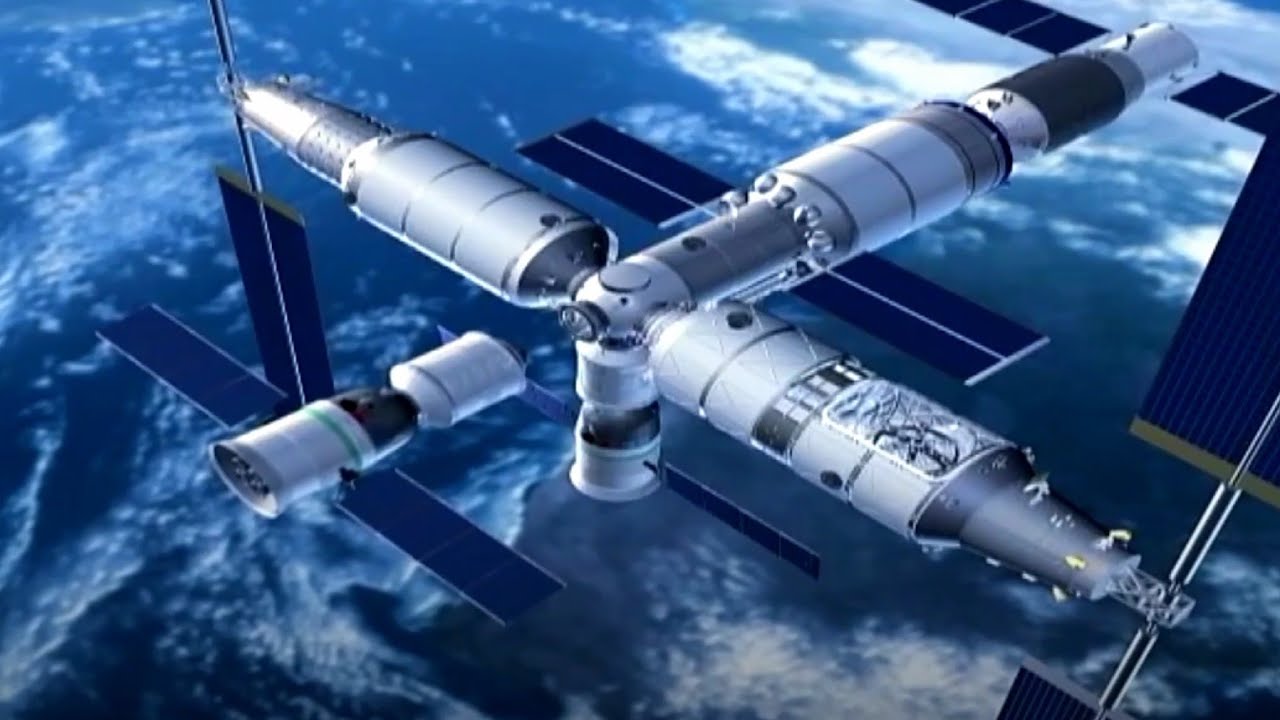
As far as unmanned, robotic space probes are concerned China intends to build on the success of its Chang’e series with the Chang’e-5 lander that will collect and send samples of the Moon back to Earth. The success of that mission would make China only the third nation to succeed in returning Moon rocks. There are also plans to carry out a similar sample return mission to Mars. The time frame for the Mars return mission is sometime around 2030.
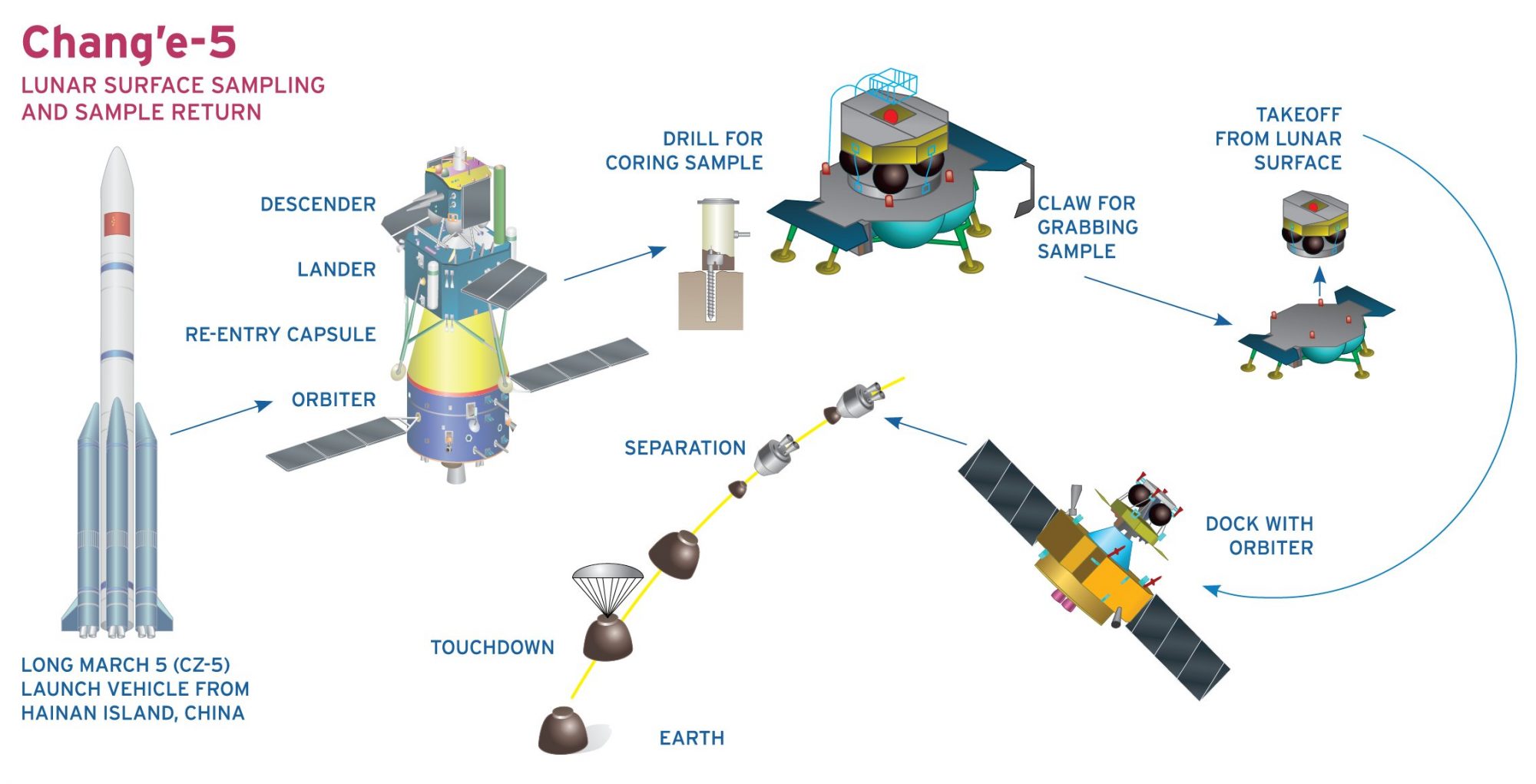
Longer term robotic missions that have been mentioned by Chinese officials include a probe to Jupiter and its Moons as well as a possible probe to Uranus. If either of those missions ever come to pass it would make China only the second nation, after the US, to send a probe to the outer Solar System.
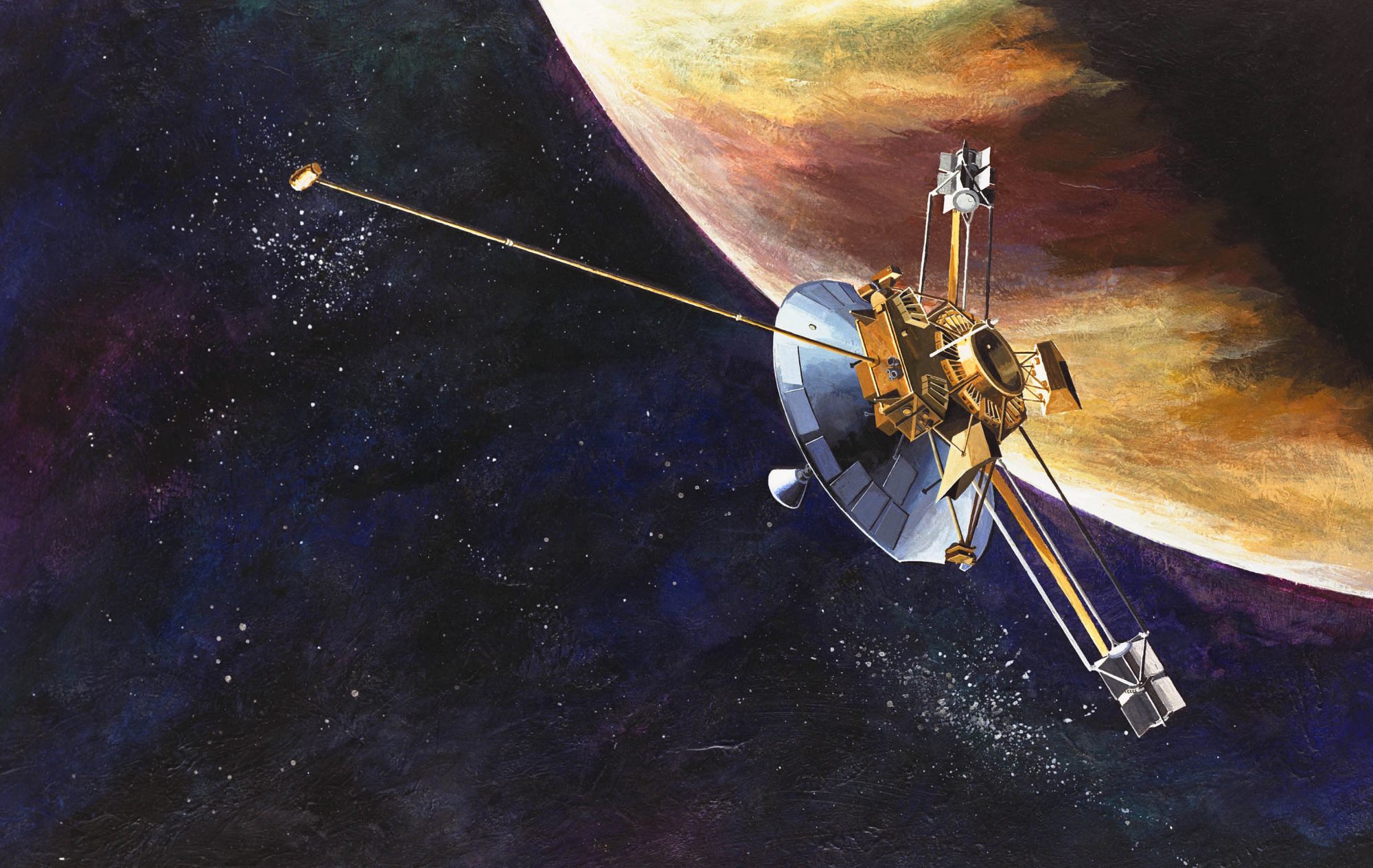
So are China and the US headed for another space race? Well if you look at the situation reasonably there’s no technical or scientific reason to once again turn space exploration into a contest. There is more than room enough in our Solar System for both countries to conduct a great deal of exploration without stepping on each other’s toes.
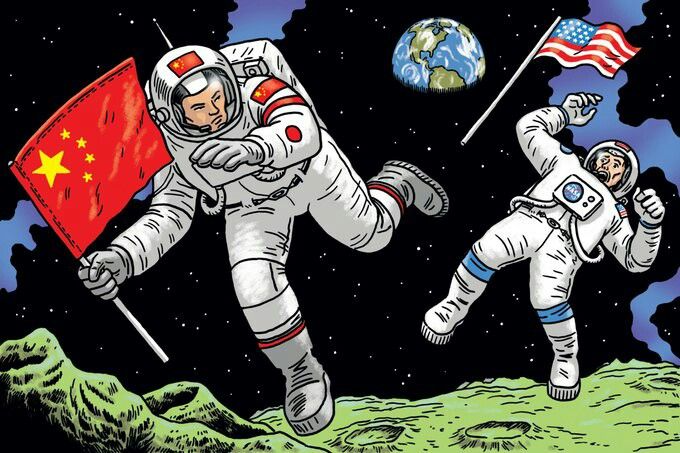
We humans are a competitive bunch however. Whenever two people, or groups of people try to achieve the same thing we have to make it a challenge to see who does it first or better. While a new space race, to put a man on Mars for example, might serve to increase interest in space exploration temporarily, once the race was won it could also lead to the same falling off of attention as happened after the Apollo Moon landings.
China has progressed with their space program in a slow, steady, step by step fashion, unlike the US. You don’t think maybe they could be on to something do you?
